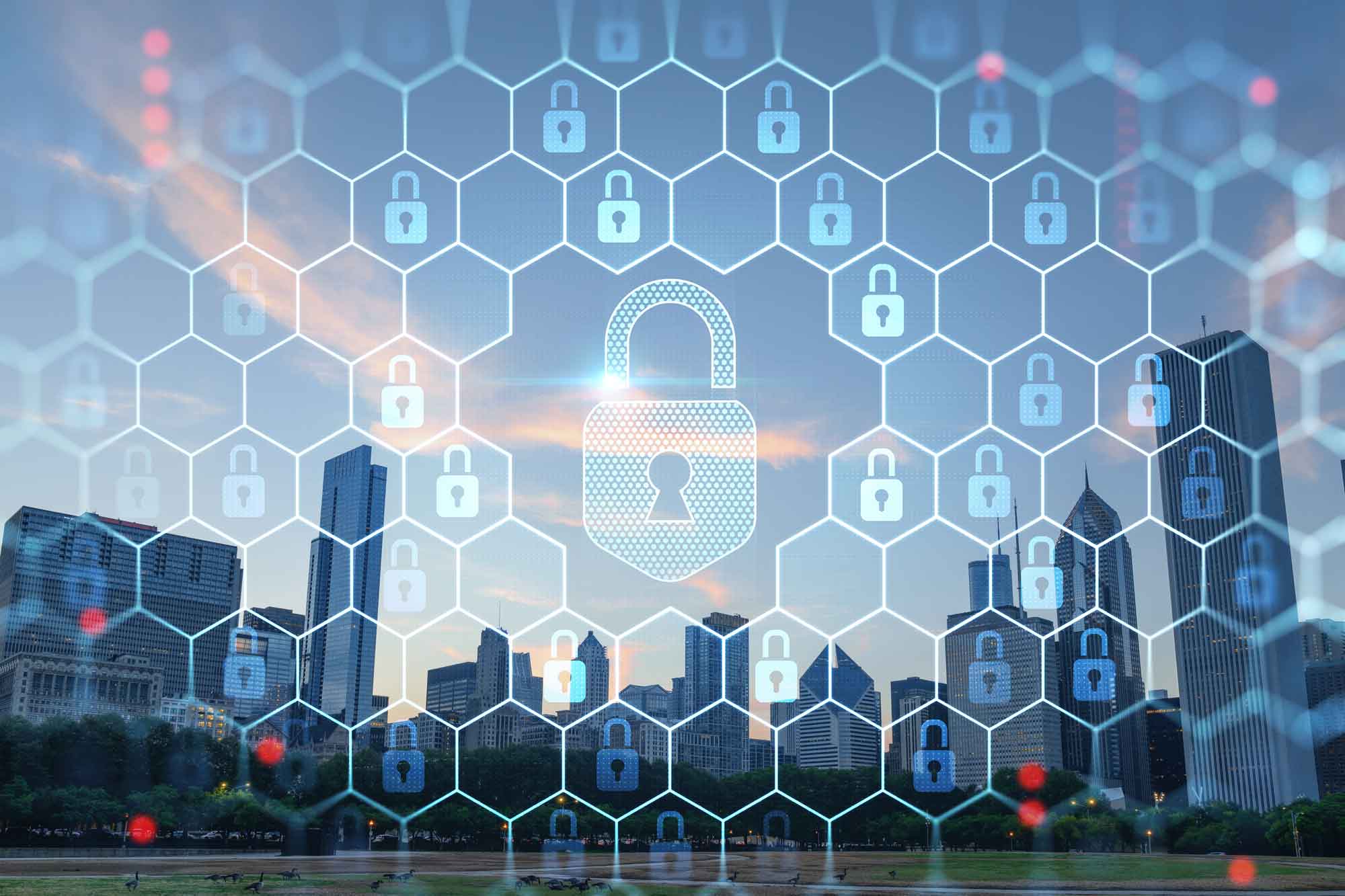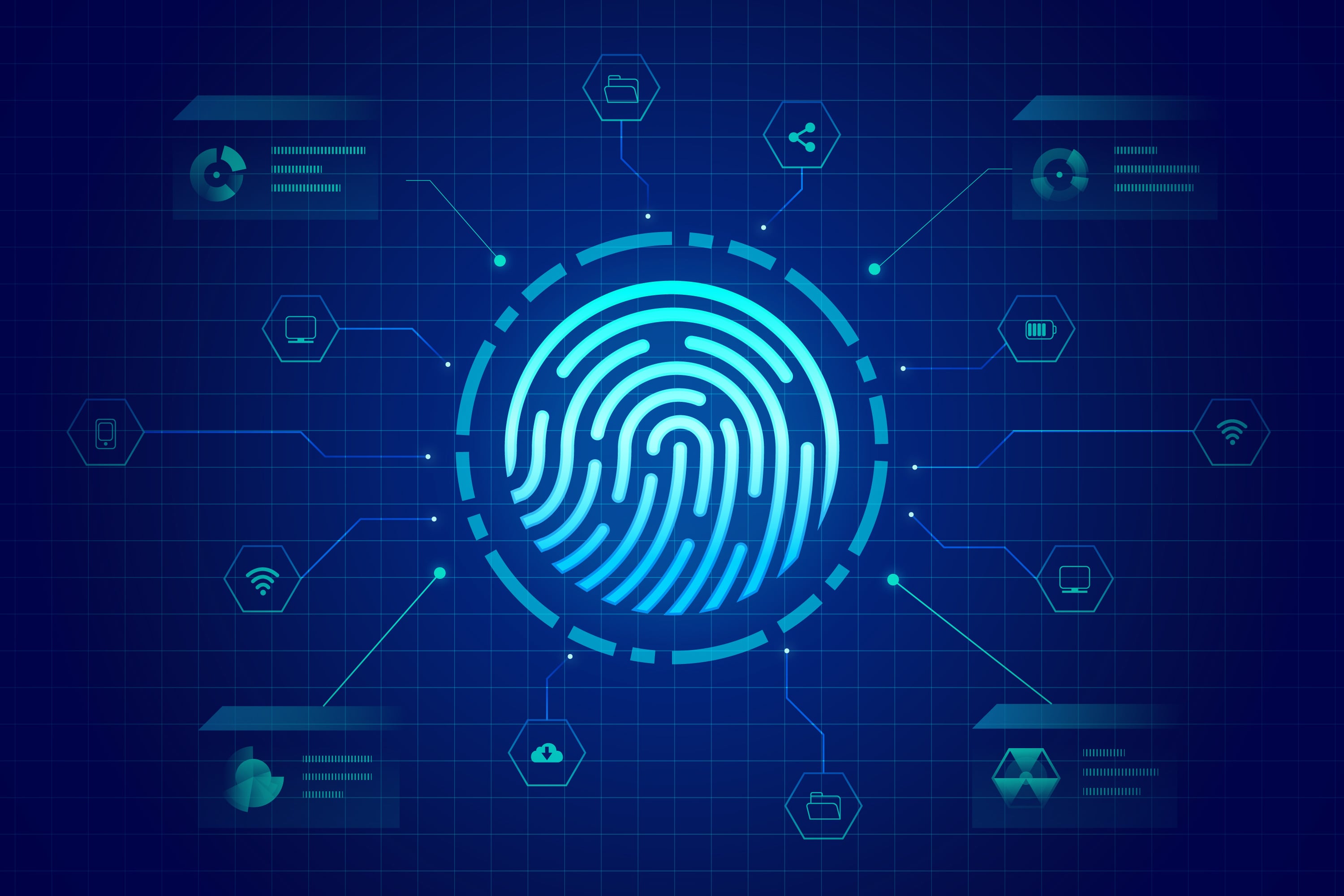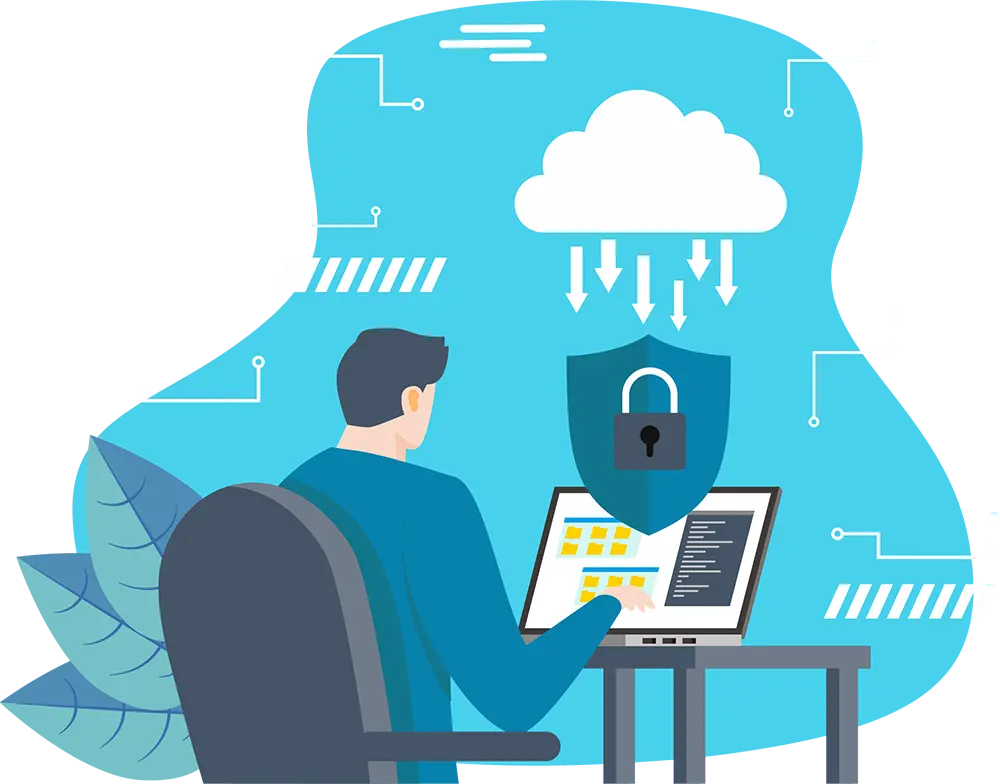In the modern world, access to reliable and efficient electrical energy is a must.
Smart grids are the future of electricity delivery - with improved automation, detection, and response capabilities that help ensure the reliability of power supply and reduce the impact of disturbances across large networks. And unsurprisingly enough, cyber security has become an increasingly important part of its foundation. Because without it, cyber-attacks could easily infiltrate it and bring forth devastating consequences for individuals and governments alike.
Are you thinking of switching to an advanced and more modern power infrastructure? Then, smart grids are the best choice - although they do have their upside and downsides. And in this article, we'll discuss its biggest downside: cyber threats, which you'll need to combat with cyber security services from a reliable Managed Service Provider
But why is cybersecurity important in smart grids?
Find out below.
What is a smart grid?
A smart grid is a modern electrical grid that uses IOT technology to monitor, protect, and manage the electric flow in power systems. This ability helps customers conserve electricity, reduce utility costs, and improve consumer and provider communication experience.
Smart grids changed how electricity gets generated, distributed, and consumed. They provide real-time data on power consumption that allows for better planning and management of resources using networks, wireless modules, sensors, and other ICT infrastructures making the electric infrastructure efficient.
This advantage helps utilities forecast demands better, reduce outages, lower bill costs, and increase energy efficiency. Additionally, smart grids also enable the integration of renewable energy sources like solar panels or wind turbines into existing electricity infrastructure.
Smart grids make an invaluable contribution to improving our environment by reducing carbon emissions associated with electricity production while increasing reliability and security in our energy supply systems. But like all things, there’s a big downside to it – like cybersecurity vulnerabilities. And this is the reason why cybersecurity is so essential for smart grids.
But how does it work against cyber-attacks?
Find out below!

Why Cyber Security is Important in Smart Grids?
Protects operations & systems from malicious attacks
Smart grids have become a vital part of our society, providing clean energy to homes and businesses.
With the increased use of technology in these smart grids comes the risk of cyberattacks from malicious actors. Cybersecurity is essential for protecting the operations and systems that power our homes and businesses.
Cybersecurity measures protect users against viruses, malware, ransomware and other threats that cause outages or data breaches.
When applied correctly, these measures can help smart grid operators quickly identify potential vulnerabilities within their networks and take corrective action before any damage occurs. Such examples are firewalls and anti-virus applications that essentially act as the barriers between you and cyber risks such as dangerous traffic, malware, spyware, trojan horses, and more.
Additionally, cybersecurity helps operators ensure safe communication between components and secure storage protocols for collecting data with the help of cryptography which encrypts the data being stored and transmitted. This way, data remains confidential and guarded against cyber criminals.
The importance of cybersecurity is highly significant. It is essential for keeping smart grid operations running while providing consumers with reliable access to clean energy sources.
Maintains the confidentiality, integrity, and availability of infrastructures
Cyber security can help maintain the confidentiality, integrity, and availability of smart grid infrastructures by preventing threats that can lead to business and consumer destruction. By standard, it should safeguard resources from unpermitted access and modifications and remain available (to specific individuals) whenever they need it.
By providing secure management services such as authentication management policies, encryption methods for data transmission and storage, and robust monitoring protocols to detect suspicious activities - cyber security protects smart grids against external threats like hacking or malware infections that could shut down operations or lose sensitive information.
Mitigates risks associated with unauthorised access
Smart grids are integral in modern infrastructure. And cybersecurity is a critical aspect of smart grid technology, protecting it from probable threats. It is essential to ensure that our energy networks remain secure and reliable. And investing in robust cybersecurity solutions can help reduce the risks associated with malicious attacks.
Investing in strong cyber security measures is crucial for any digitally stored data. When it comes to smart grids, however, the stakes are even higher since unsanctioned access could cause disruption in energy supply networks, which could result in power outages and other damages.
Unauthorised access happens when a user accesses an IT system, computer network, and other assets without the appropriate permission. Even if the person was a legitimate user, as long as they lack the necessary permission to access resources, it’s still considered unsanctioned.
So ultimately, any access that violates the owner’s security policies can be considered unauthorised access. And sadly, hackers can now easily do that to your networks.
Therefore, incorporating effective cybersecurity into smart grid systems is critical for keeping our power grids safe from potential threats.
Provides secure communication channels to customers
Smart grids enable customers to monitor and manage their electricity use, helping them save money and reduce their carbon footprint. However, the increased reliance on digital systems has brought risks: cyber security threats.
That's why smart grid operators must have robust cybersecurity measures to protect customer data and ensure secure communication channels. And with the help of a smart cybersecurity strategy, you get to secure your communication channels and ensure that any data is protected while in transit.
Having reliable cyber security measures is critical to providing customers with a safe and secure experience with smart grids. It also helps build trust between customers and providers, as customers need to know that their data remains private - especially where financial transactions are involved. Cybersecurity measures can help protect against malicious attacks such as hacking or data theft, ensuring that customers' information remains safe.
Prevent cyber hijacking and widespread power outages
The threat of cyber-attacks is growing in the digital age, and smart grids are not exempt. Cybersecurity is essential to prevent cyber hijacking and widespread power outages.
Implementing cybersecurity measures in smart grids can help protect against malicious activity by external actors such as hackers or malware.
These protections include authentication techniques that verify access rights, encryption protocols that scramble data, firewalls that detect intrusions, and anti-virus-scanning tools that search for malicious code.
Cybersecurity also allows operators to track all activities to block any malicious access from getting into the system.

Prioritise Cyber Security in Smart Grids
These are only a few reasons why cybersecurity is important in smart grids. The cool thing is that these security components are adjacent to one another, so they provide benefits in more than one aspect.
If you need an extra hand in setting up your cybersecurity, Office Solutions IT can do all the hard work for you – monitoring and maintenance, incident response, password management, vulnerability management, data security, etc. So while you go about your business, we get to implement the best cyber security solutions to your networks to keep the bad guys away.
Feel free to reach out below, tell us what your cybersecurity woes are, and we’ll take it from there.
Frequently Asked Questions
Why is security important in building a smart grid?
While it's impossible to entirely eliminate cyber incidents, implementing preventive measures can significantly reduce their risks and safeguard data from malicious intent. So in terms of prevention, establishing and enforcing security standards specifically for smart grids is among the most effective strategies. These standards generally encompass a range of protocols and guidelines to maintain the integrity of data, communication channels, and operations.
What are the security issues with smart grids?
Similar to standard IT systems, smart grids are susceptible to a variety of cyber attacks that can have severe repercussions for both organisations and the public. Such attacks can interrupt power supplies, leading to blackouts that impact homes and businesses. It can also damage essential infrastructure, resulting in economic and social upheaval.
People and businesses depend heavily on these smart grid systems for their daily activities. Therefore, robust cybersecurity measures are essential to prevent the manipulation or loss of critical data, mismanagement of resources, or, even worse, threats to public safety that could endanger lives.
What are the cyber security risks of smart grids?
Smart grids provide advanced capabilities for monitoring, managing, and optimising the flow of electricity. However, they encounter significant security challenges that require immediate attention to prevent disruptions and potentially devastating outages for individuals and organisations.
Cybersecurity threats pose one of the greatest risks to the integrity and reliability of smart grids. Since smart grids heavily depend on digital communication and data sharing, they become prime targets for cybercriminals. Falling victim to such threats can lead to power supply disruptions, compromise sensitive information, and result in widespread outages.















